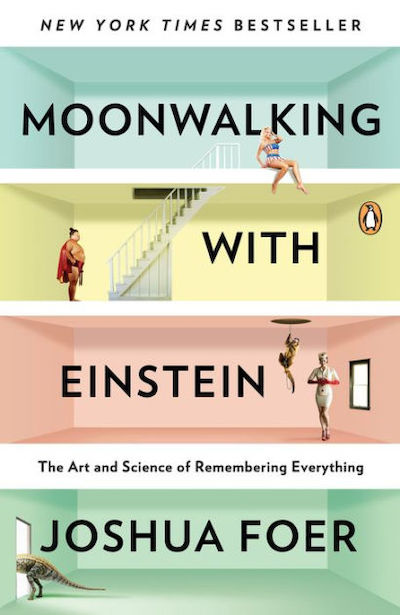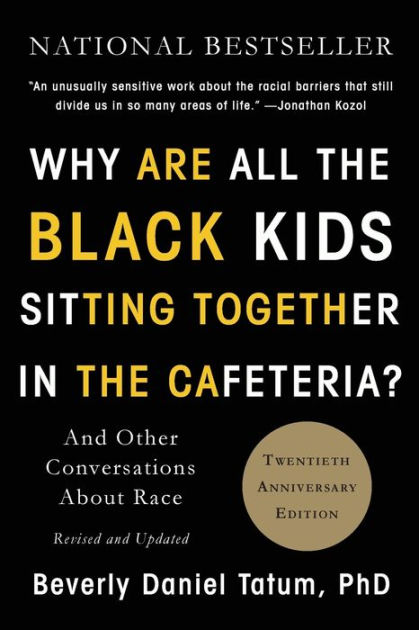There is a lot of good information in this book, but it was a little bit boring to read, especially as I got further into it, because it reads a lot more like a textbook. That’s a good thing in terms of how much information is presented and it makes me trust the expertise of the author even more, but can be a little dry at times.
I would have liked to have more of the practical lessons and things I or anyone can do to improve their sleep, but a lot of that was hidden in long explanations of experiments and scientific details. Again, those things are great to know, but make for a more dull read and just not what I was looking for in this book.
Overall, the facts presented in this book are eye-opening and sort of depressing because the author points out that a lot of the “ideal” things we should be doing for our health regarding sleep are not very practical in today’s society. For instance, early school start times and the traditional 8 to 5 work schedule are not the best scenarios for us to get good sleep.
The author makes it very clear that there are a lot of health problems that stem from poor sleep and this book really made me more hyper-aware of how lack of sleep and poor sleep quality can lead to health issues that I previously would have never linked back to sleep. Mental health, cancer, and other things are all directly or indirectly linked to the quality of sleep we get, and that can be a sobering and scary realization while reading this book.
Lastly, the book made me look at myself and realize some of the common things I enjoy negatively affect my sleep. I don’t think it’s practical for me to give all of them up, but there are habits that I should probably change and at least I now know the tradeoff that I am giving up when I don’t prioritize my sleep.



